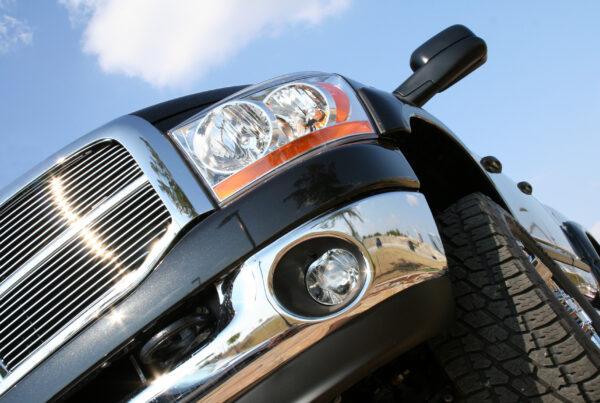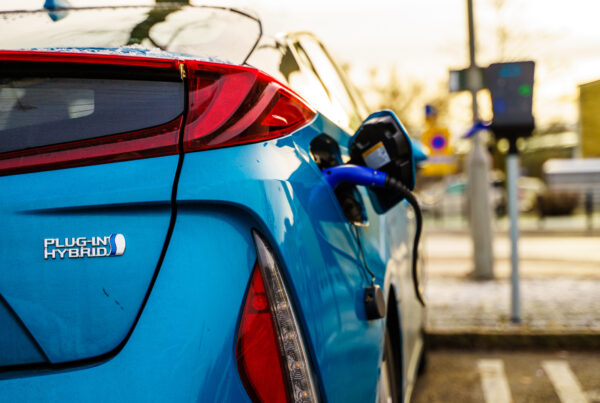The Queensland government’s commitment to an electric powered fleet has gained significant momentum – with a new multimillion plan set to double its electric vehicle uptake every year.
It is hoped that over the next ten years the 10,000 strong QFleet would move away from petrol-powered vehicles entirely, and towards more environmentally friendly models such as the Hyundai Ioniq.
Within the government’s fleet, it is thought that petrol-powered vehicles account for about 50 per cent of total vehicles, with diesel making up the rest. Public Works Minister Mick de Brenni said he hoped the government’s plan might encourage potential buyers of electric vehicles to make the switch because of the increasing infrastructure around charging.
“Our Electric Vehicle Transition Strategy makes the Queensland Government the most electrical vehicle capable jurisdiction within Australia,” he said.
“By being an early adopter of these technologies, our investment will help establish electric vehicles in the private fleet and consumer markets.”
The plan for Queensland follows a commitment from August last year to install 18 electric charging stations between Gold Coast and Cairns that would be known as the Queensland Electric Super Highway. That unveiling came at a time when stigmas around electric vehicles began to change within the region – with 50% of Queenslanders open to purchasing an electric or plug-in hybrid for their next vehicle purchase.
Mr de Brenni said that while electric vehicles have a considerable upfront cost, the long-term savings for a fleet or individual driver can be significant alongside the obviously lower emissions.
The Government claims it costs about $4.50 in electric costs per 100km compared to approximately $13.72 for the petrol equivalent – a huge difference for large fleets or for those that travel long distances. Getting drivers to consider the bigger picture is important, and Mr de Brenni said it was a significant opportunity for government to provide leadership.
“The Palaszczuk Government has set an ambitious but very achievable target of a 50 per cent reduction in emissions by 2030,” he said.
“That has provided an opportunity for us to examine how we do business right across the whole of government.”




















